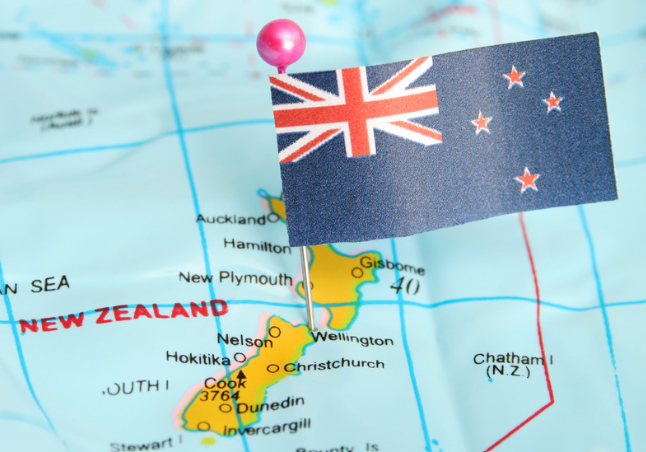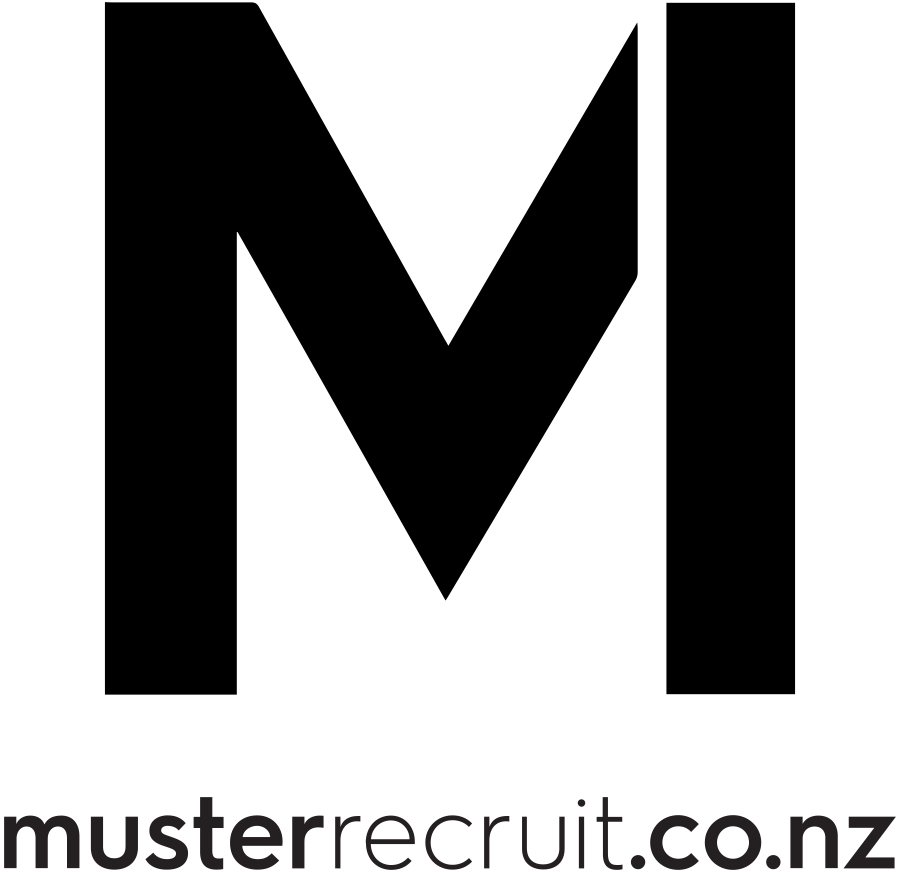MOVING TO NEW ZEALAND?
HERE IS AN IDEA OF WHAT TO EXPECT..

Are you considering a move to the stunning land of kiwis, rugged landscapes, and Māori culture? New Zealand offers a unique experience for those seeking adventure, natural beauty, and a welcoming community. However, like any international move, it's essential to be well-prepared. Here's a guide to help you understand what to expect when moving to New Zealand.
1. Basic Costs You Must Cover:
a. Immigration Advisor: $2,250
Navigating the immigration process can be complex, and many individuals find it beneficial to seek the assistance of an immigration advisor. They can help you understand the requirements, prepare your documentation, and guide you through the process. Keep in mind that this is an investment in making your move successful.
We have been partnered with Arno Nothnagel from Absoloute Immigration since the company began back in 2017. If you would like to find out more about him and the services he provides, please visit the following link: https://absoluteimmigration.com/arno-nothnagel/
b. Medicals: $350 per person
As part of the visa application process, you and your family members may need to undergo medical examinations. The cost can vary depending on the number of individuals and the specific requirements.
c. Immigration New Zealand Application Fee: $830
This is a mandatory fee you'll need to pay when submitting your visa application. The fee may vary depending on the type of visa you're applying for and your country of origin.
d. Flights: $1500+ per person
Booking your flights well in advance can help you secure better deals. However, be prepared to spend at least $1500 per person for one-way tickets. Keep in mind that this cost can fluctuate based on the time of year and the airline you choose.
e. 2 Months Accommodation: $2000+ (room to rent) or $6000+ (house)
Finding accommodation is a top priority when you arrive in New Zealand. Depending on your preferences and location, renting a room can cost around $2000+ for two months, while renting a full house may range from $6000 or more.
f. 2 Months Living Expenses:
Living expenses cover essential items such as food, utilities, and bills. On average, you can expect to spend around $2000+ for a single person, $3500+ for a couple, or $5000+ for a family of four over the course of two months.
2. Extras to Consider for a Smoother Transition:
a. A Car: $3000+
While not essential, having a car can provide convenience and flexibility in New Zealand. Basic small cars can be purchased for around $3000 or more depending on their condition and model.
b. Childcare: $240-$340 per child per week
If you have children, you may need to budget for childcare costs. Prices can vary depending on the location and the type of childcare you choose.
3. Embracing the Seasons:
Before packing your bags, consider New Zealand's climate. While the country enjoys mild summers, some regions can get quite cold in winter. Make sure you have appropriate clothing like winter coats, jackets, hats, gloves, and jumpers to keep you warm during the colder months.
4. Furnishing Your New Home:
If you're planning on renting accommodation, be aware that most rentals in New Zealand are unfurnished. You'll need to acquire your own furniture, kitchenware, plates, cutlery, bedding, and small appliances. For budget-friendly options, check out TradeMe and Facebook Marketplace for second-hand furniture and household items.
5. Banking in New Zealand:
Sorting out your finances is crucial when moving to a new country. ANZ, ASB, BNZ, Kiwibank, and Westpac are major banks in New Zealand. Many expats find ANZ a convenient choice since you can handle most things online before your arrival. However, take your time to explore all the options and choose the one that best suits your preferences.
6. Shopping in New Zealand:
Getting settled into your new life requires shopping for essentials. New Zealand has several retail stores and supermarket chains to cater to your needs. Farmers and The Warehouse are popular department stores offering a wide range of products, while Pak ‘N’ Save, Countdown, and New World are well-known supermarket chains to stock up on groceries.
7. Choosing Your New Home Location:
New Zealand offers diverse living options, from vibrant cities to tranquil towns surrounded by natural beauty. The main cities like Auckland, Wellington, and Christchurch provide an urban experience, while larger towns like Tauranga and Napier offer a balanced lifestyle. Check out online resources like kiwieducation.com and cgpm.co.nz to discover the top cities and regions to live in New Zealand.
When searching for accommodation, consider both short-term and long-term options. Websites like trademe.co.nz, oneroof.co.nz, and realestate.co.nz list long-term rental properties. For short-term stays, you can explore options on trivago.co.nz, airbnb.co.nz, and holidayhouses.co.nz until you find a more permanent home.
Moving to a new country requires careful financial planning, and it's essential to have the means to cover these basic costs. Creating a budget and saving in advance will help you start your new life in New Zealand on a positive note!
As always, the team here at Muster are always happy to hold your hand along the way! Reach out to us today!
nzjobs@musterrecruit.co.nz.

